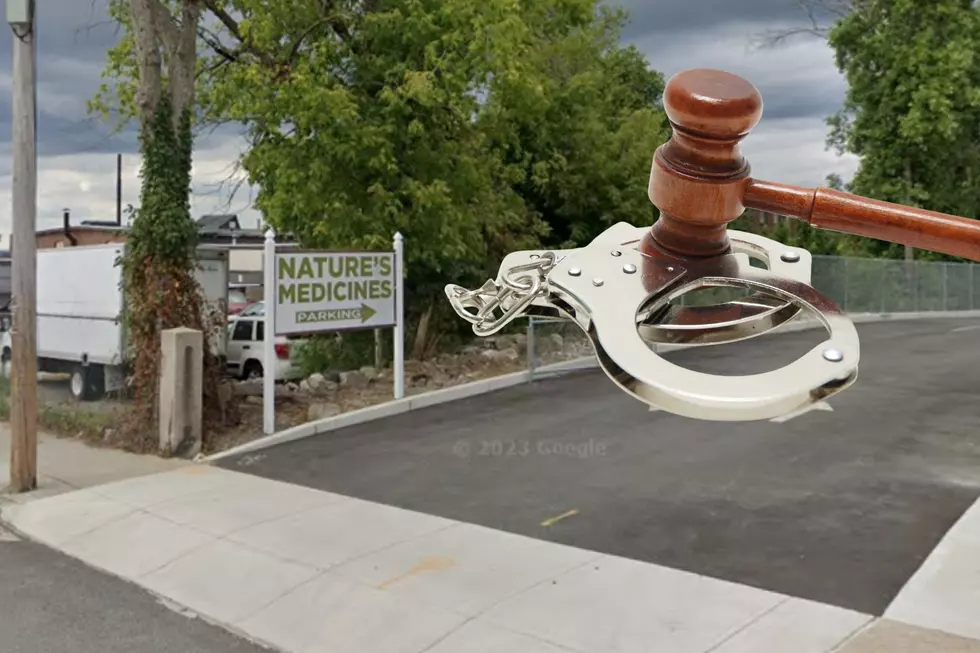
Ariel Sharon Dies
Former Israeli Prime Minister Ariel Sharon has died.
The 85-year-old Sharon had been in a coma since he suffered a major stroke in January of 2006. His condition recently took a turn for the worst as he battled serious kidney problems.
Sharon was a decorated military figure before being elected prime minister in 2001.
As prime minister, Sharon led one of the most dramatic turnarounds in Israeli politics when he pulled out settlers and soldiers from Gaza in 2005.
The land was then handed over to Palestinians, who hope it will be a part of their envisioned state.
With that move, Sharon, once called the "Bulldozer," earned worldwide praise for helping to promote peace.
Political analysts say no figure has dominated the Israeli political stage like Sharon since founding Prime Minister David Ben-Gurion. (Associated Press)
BIO:
Sharon was born February 27th, 1928. His military career started at the age of 14, when he joined a paramilitary youth battalion. He would later join Haganah, which became part of the Israel Defense Forces when the Jewish state was created. In 1948, he commanded an infantry company in Israel's War of Independence. In the 1950s, he left the military to study at the Hebrew University of Jerusalem. After a year-and-a-half there, he was called back to lead Israel's new special forces unit of the military, called Unit 101. The unit made a series of retaliatory raids against Palestinians and neighboring Arab nations, helping boost Israeli morale.
In the 1967 Six Day War, Sharon commanded an armored division to help Israel capture the West bank, Gaza Strip, Golan Heights and the Sinai. In August 1973, Sharon retired from the military, but that didn't last long. In October of that same year, he was called back to fight in the Yom Kippur War. He was eventually relieved of his military duty in February 1974.
Sharon's next move was his entrance into politics. He was elected to Parliament and became Israel's agriculture minister in 1977. One of his major issues was protecting Israel's Jewish settlements. He was appointed defense minister in 1981, masterminding the invasion of Lebanon to root out Palestinian guerrillas. In that battle, Christian allies massacred Palestinians in two refugee camps as Israeli forces provided logistical support. The bloodshed led many Arabs to label Sharon "the Butcher of Beirut." Sharon also oversaw the evacuation of Jewish settlers from Sinai as part of a peace treaty with Egypt. He was forced to resign his defense minister post in 1983 after an inquiry found him indirectly responsible for the massacres in Lebanon.
Sharon became leader of the Likud Party in the late 90s. In September 2000, he made an infamous visit to a flashpoint Jerusalem holy site, declaring it would remain under perpetual Israeli control. Palestinians claim the visit triggered the second Intifada, or uprising, which lasted until February 2005 -- but Israel says the revolt was already planned. The visit came during Sharon's campaign against Prime Minister Ehud Barak.
Sharon won the February 2001 election, becoming prime minister. He inherited the Palestinian uprising and guided Israel through it for the next four years. Israelis supported Sharon's tough measures to suppress the uprising, and it showed with his re-election by a wide margin in January 2003.
In December 2003, Sharon announced his "disengagement plan," calling for the withdrawal of Jewish settlements. He later said all settlements in Gaza Strip and four in the West Bank would be handed over to Palestinians. The move was very unpopular with many Israelis, especially settlers and others in the Likud Party. In February 2005, Sharon agreed to a ceasefire with Palestinian President Mahmoud Abbas. That came a few months after the death of Palestinian leader Yasser Arafat.
The Gaza pullout started in August 2005, despite many protests and outbreaks of violence by ultra-nationalist settlers against Israeli forces. With that move, Sharon, once called the "Bulldozer," earned worldwide praise for helping to promote peace. In November 2005, Sharon split with Likud to form the new Kadima Party, vowing to seek peace with the Palestinians. Sharon said he didn't want to have his hands tied as he pursued a diplomatic strategy to end the conflict with the Palestinians. He suffered a massive stroke in January of 2006 and never came out the resulting coma.
Ariel Sharon was 85 years old. (Associated Press)
More From WBSM-AM/AM 1420









